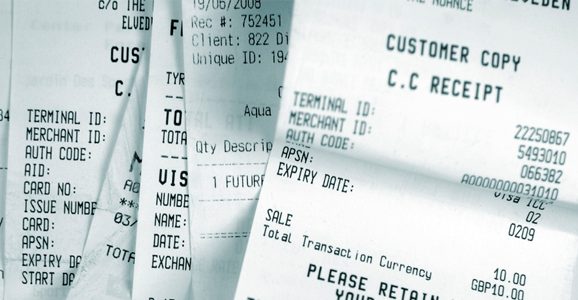
Growth Focus – Ipswich Accounting & Financial Planning
Accurate record keeping is crucial for meeting your tax obligations and ensuring a smooth tax return process for the 2025 financial year (FY2025). The Australian Taxation Office (ATO) outlines specific requirements and guidelines to help individuals and businesses maintain proper records.
Why Keep Records?
Maintaining accurate records is crucial for substantiating income and expenses claimed in your tax return. This ensures you can claim all entitled deductions and offsets accurately. Additionally, proper record keeping helps you avoid potential penalties and interest for incorrect reporting.
- Substantiate Income and Expenses: Records serve as evidence to substantiate the amounts claimed in your tax return.
- Claim Deductions and Offsets: Accurate records ensure you can claim all entitled deductions and offsets.
- Avoid Penalties: Proper record keeping helps avoid potential penalties and interest for failing to report income or claiming incorrect deductions.
What Records to Keep
To ensure compliance and accuracy in your tax return, it is essential to maintain comprehensive records. This includes but is not limited to:
- Income Records: Payslips, payment summaries, business income receipts, investment income statements (dividends, interest, rental income), and government payments.
- Expense Records: Receipts for purchases and expenses, including work-related expenses, self-education costs, and business operating expenses.
- Asset Purchase and Disposal: Documents relating to the purchase, maintenance, and sale of assets such as property, vehicles, and equipment.
- GST Records: For businesses registered for GST, keep tax invoices, receipts, and GST calculation worksheets.
- Loan and Investment Records: Records of any loans, mortgage statements, and investment statements, including dividends reinvested.
How to Keep Records
- Electronic and Paper Formats: Records can be kept electronically or in paper format. Ensure electronic records are backed up and easily accessible.
- Retention Period: Generally, records must be kept for at least five years from the date you lodge your tax return. However, if you own assets subject to capital gains tax, you need to keep records for five years after the CGT event (e.g., sale of the asset).
Tools and Resources
Utilise tools and resources provided by the ATO to help with record keeping:
- myDeductions Tool: Available in the ATO app, this tool helps individuals and sole traders record their income and expenses on the go.
- Photographic record: Taking photos and storing them in a folder on your phone or PC is another effective way for recording your tax expenses for the year.
Proper record keeping not only ensures compliance with tax laws but also provides peace of mind and accuracy when lodging your tax return. For more detailed information and resources, visit the ATO’s official page on record keeping at https://www.ato.gov.au/General/Record-keeping-for-business/.
